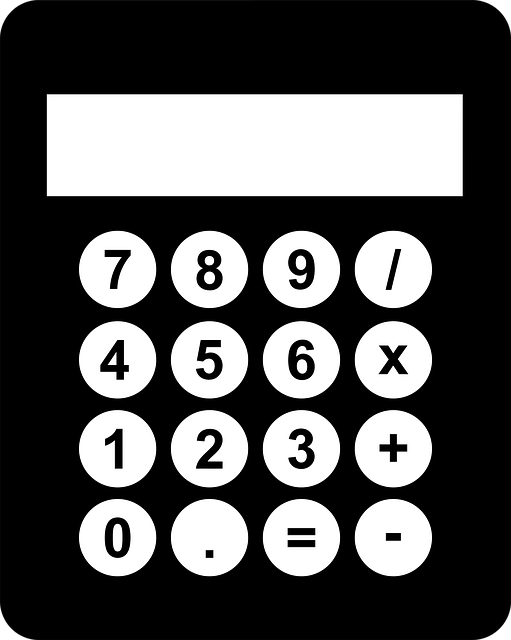Motivational interviewing (MI) training enhances substance abuse rehabilitation programs for veterans by boosting intrinsic motivation and empowering them to align actions with personal values, leading to improved treatment engagement, better adherence, enhanced well-being, and integrated support services for lasting recovery.
Motivational interviewing (MI) training is transforming lives, especially in the context of substance abuse rehabilitation programs for veterans. By empowering clients to identify and leverage their intrinsic motivations, MI facilitates lasting change. This article explores how MI techniques are revolutionizing care for veterans, focusing on three key areas: Unlocking Veterans’ Potential, Intrinsic Motivation as a Cornerstone for Recovery, and the profound impact of MI training on veteran clients in substance abuse rehabilitation.
- Unlocking Veterans' Potential: MI in Substance Abuse Rehabilitation
- Intrinsic Motivation: The Key to Long-Lasting Recovery for Veterans
- Transforming Lives: MI Training's Impact on Veteran Clients
Unlocking Veterans' Potential: MI in Substance Abuse Rehabilitation

Many veterans struggling with substance abuse find themselves at a crossroads, needing specialized support to unlock their potential and achieve lasting recovery. Motivational interviewing (MI) emerges as a powerful tool within substance abuse rehabilitation programs for veterans, offering a unique approach to engage and empower individuals in their journey towards sobriety. By focusing on intrinsic motivation, MI helps veterans discover their personal reasons for change, fostering a sense of self-determination that is crucial for long-term success.
In the context of veteran substance abuse rehabilitation, MI goes beyond traditional counseling methods. It encourages clients to explore their values and aspirations, linking these to the goals of recovery. Through structured conversations, therapists help veterans address ambivalence and identify the positive outcomes they desire. This process equips them with the mindset and skills needed to navigate challenges, engage in evidence-based treatments like mindfulness techniques for stress relief and withdrawal management using evidence-based medications, and participate actively in recovery support groups online—all essential components of a comprehensive rehabilitation program.
Intrinsic Motivation: The Key to Long-Lasting Recovery for Veterans

For veterans navigating substance abuse rehabilitation programs, tapping into intrinsic motivation can be a powerful catalyst for long-lasting recovery. Unlike external motivators like rewards or punishments, which may offer temporary impetus, intrinsic motivation stems from within—driven by personal values, purpose, and the desire to feel whole again. By fostering a sense of autonomy, competence, and connection, motivational interviewing (MI) training equips veterans with the tools to recognize their own inherent drive for change.
This personalized approach is particularly impactful given the unique challenges faced by veterans transitioning from military service to civilian life. Yoga and meditation classes for stress reduction, combined with trauma-informed care, can further enhance MI’s effectiveness. Such practices not only promote mindfulness but also cultivate resilience, self-awareness, and emotional regulation—essential components in supporting long-term sobriety and overall well-being.
Transforming Lives: MI Training's Impact on Veteran Clients

Motivational interviewing (MI) training has proven to be a transformative tool for veteran clients navigating substance abuse rehabilitation programs. By focusing on enhancing intrinsic motivation, MI empowers individuals to overcome challenges and embrace lasting change. Through this approach, veterans can explore their personal values and goals, fostering a sense of purpose that extends beyond mere abstinence.
The impact is profound; veterans who participate in MI training often experience improved engagement in treatment, increased adherence to recovery plans, and enhanced overall well-being. Recovery Support Services providing ongoing guidance and encouragement throughout the recovery journey play a crucial role in this process. Additionally, Nutrition Planning Services for Optimal Health Recovery can be integrated into MI programs to address the mind-body connection, while Recovery Support Groups Online offer peer connections vital for continued motivation and success.
Motivational interviewing (MI) training has proven to be a powerful tool in transforming lives, especially for veterans facing substance abuse challenges. By empowering clients to tap into their intrinsic motivations, MI facilitates lasting change within substance abuse rehabilitation programs tailored for veterans. Through this approach, veterans can navigate their recovery journeys with enhanced self-efficacy and a renewed sense of purpose, paving the way for a brighter future.






